This article was co-authored by Roy Nattiv, MD. Dr. Roy Nattiv is a Board-Certified Pediatric Gastroenterologist in Los Angeles, California. With over 20 years of experience he specializes in a broad range of pediatric gastrointestinal and nutritional illnesses such as constipation, diarrhea, reflux, food allergies, poor weight gain, SIBO, IBD, and IBS. He completed his pediatric residency at the Children’s Hospital at Montefiore, Albert Einstein College of Medicine in New York, and his fellowship at the University of California, San Francisco (UCSF). While at UCSF, he was a California Institute of Regenerative Medicine (CIRM) fellowship trainee and was awarded the North American Society for Pediatric Gastroenterology, Hepatology, and Nutrition (NASPGHAN) Fellow to Faculty Award in Pediatric IBD Research. Dr. Nattiv received his undergrad degree from the University of California, Berkeley, and his medical degree (MD) from the Sackler School of Medicine in Tel Aviv, Israel.
There are 13 references cited in this article, which can be found at the bottom of the page.
This article has been viewed 169,190 times.
Vomiting isn't a pleasant experience. Everyone vomits, whether they have a virus, food poisoning, or are nervous or traveling. It just feels good to let it out. It may taste bad and stuff, but after cleaning up and getting organized after emptying your stomach, you'll feel so much better.
Steps
Planning to Vomit
-
1Identify the signs of vomiting. Vomiting may come on suddenly, but many people experience symptoms of illness that precede the act of vomiting. Rush to a bathroom, garbage can, or a safe outdoor area if you experience any of the following:
-
2Reduce nausea. If you're very sick, overly intoxicated, or experiencing food poisoning, you're going to need to vomit no matter what you do. But if you're only experiencing mild nausea, there are some steps you can take to reduce or prevent the need to vomit. Try the following options to manage your nausea:
- step outside and get some fresh air
- take deep, slow breaths through your mouth[5]
- suck on a mint candy or chew gum
- smell the inside of your wrist or armpit (the smell of perfume or deodorant may distract your body from the sensation of nausea)
- sniff something scented, like essential oil
- pinch your arm or tug on your hair (physical sensations can sometimes distract the body)
Advertisement -
3Try to plan your location. If at all possible, try to anticipate when and where you will vomit if the need arises. The most ideal place is in a restroom (in the toilet, if possible), but obviously that may not always be feasible to get to a restroom. If you cannot get to a restroom, try to at least find a plastic bag or trash can to vomit into, as this will greatly reduce how much of a mess you make.[6]
- If you're going to induce vomiting, wait until you can get to a toilet, trash can, or plastic bag. If you believe that you may vomit uncontrollably in the near future, stay close to a bathroom or keep a trash can/plastic bag on hand.
Managing the Mess While Vomiting
-
1Prevent personal mess. Once you've eliminated the potential for making a mess of your immediate environment, your next focus should be on keeping yourself clean. Whether you've made it to a bathroom, found a trash can, or stepped outside to a safe outdoor environment, you'll want to prepare yourself as best as you can for what's about to happen.
- If you have long hair, tie it back, tuck it behind your ears, or hold it in place behind your head. Vomit in your hair will quickly ruin your day and make an absolute mess.[7]
- Remove any long, dangling necklaces, or at least tuck them into your shirt. This could create a similar complication as long hair.
- Try to direct the stream of vomit away from your shoes, pants, and hands (if you're on all fours). Aim slightly ahead of where you're standing/sitting/crawling.
- If indoors, keep your head above the toilet or trash can. Try to lower your head enough such that no vomit will splatter outside the container you're vomiting into.
- If you're sick in bed, keep a trash can and a stack of towels next to the bed. That way, if you can't reach the trash can or make it to the toilet, you can put down a towel to vomit onto/into. The towel can easily be washed, and it will be much easier to clean up than if you threw up in your bed or on the carpet.[8]
-
2Clean yourself up. After vomiting, you will probably feel sick and a little disgusted. This is normal, as vomiting can be extremely stressful on the body and leaves a revolting aftertaste in the mouth and throat. Even if you managed to complete the actual process of vomiting without making a mess, you'll want to clean yourself up after throwing up to feel better and cleaner.
- Brush your teeth, or at the very least rinse your mouth out. Using mouthwash is best, but in a pinch even water will help.[9]
- Splash some clean, cold water on your face, and wash away any residual vomit that may have clung to your lips, chin, or facial hair.
- Suck on a breath mint or chew gum to ensure that your breath does not smell.
- Wash your hands with soap and water.
-
3Rehydrate your body.[10] No matter what the cause of your vomiting was, your body will most likely experience some mild to moderate dehydration after you vomit. That's because your body loses water and nutrients any time you vomit.
- When you feel that you will not vomit anymore and you think you can stomach it, slowly drink a glass of cold water. Do not chug the water or attempt to drink it quickly - just sip on it slowly and steadily.[11]
- If you can keep water down, try drinking a little bit of a sports drink or any other electrolyte-rich beverage (such as Gatorade, Powerade, or Pedialyte).[12]
- Do not try to eat any food until you are feeling completely recovered.
- Let yourself sit and relax for a few minutes after vomiting. Avoid any immediate activity, and focus on getting rehydrated and letting your body calm down.[13]
Preventing Nausea and Vomiting
-
1Avoid unpleasant odors. Smells can trigger nausea in many people. For some, even the smell of certain meals being prepared or eaten may induce nausea/vomiting.[14]
- If you are prone to vomiting, or if you are feeling nauseated and want to avoid vomiting, stay clear of any kitchen areas where food is being prepared or eaten. You may also want to avoid other unpleasant odors, such as bathroom odors or the smell (or sight) of someone else vomiting.
-
2Limit your food intake. For many people, overeating is a cause of nausea and/or vomiting. If you are prone to bouts of nausea, or if you know that the size of your stomach has shrunk, it's best to avoid eating too much or eating too quickly to help ensure a calm, stable stomach.[15]
- Try eating multiple smaller meals throughout the day instead of one or two really large meals.[16]
- Eat bland foods. Avoid sweet, spicy, fried/greasy, and acidic foods, as these are known to cause stomach problems.[17]
- Avoid milk and dairy products. You may also want to avoid carbonated drinks, as these may upset some peoples' stomachs.[18]
-
3Abstain from alcohol. Drinking in excess is a major cause of nausea and vomiting. Even if you don't tend to drink in excess, some people who are prone to stomach problems may become nauseated after consuming even moderate amounts of alcohol. It's always best to moderate your alcohol intake, but if you know drinking will make you vomit, you may be better off avoiding it altogether.[19]
-
4Know when to seek help. If you've eaten too much, drank too much alcohol, or have a fever, vomiting is a somewhat normal bodily reaction to the contents of your stomach or the presence of a virus. However, at times nausea and vomiting are indicative of more serious medical problems, and should be closely monitored. Seek medical assistance immediately if you experience any of the following:
- known or suspected ingestion of any kind of poison[20]
- a head injury that caused vomiting[21]
- blood (bright red, brownish, or black) or the presence of "coffee ground"-like contents in your vomit[22]
- dehydration after vomiting
- headache, stiff neck, or confusion
- vomiting four or more times in a 24 hour period
- bloated or swollen abdomen prior to nausea/vomiting
Warnings
- Avoid vomiting in a sink, as it may clog the drain. Aim for a toilet if possible.⧼thumbs_response⧽
- Do not hold vomit in your mouth. Anything coming from the stomach will be highly acidic, and may damage your teeth or burn your throat.⧼thumbs_response⧽
- Never lie on your back if you suspect that you will vomit or if you've recently finished vomiting. Many people fall asleep while feeling ill and end up choking on their vomit.⧼thumbs_response⧽
Things You'll Need
- Bucket/bowl/toilet or a traveler's sick bag
- Towel/tissues to wipe your mouth with
- Somewhere to get rid of the vomit (ideally a toilet)
- Supportive friend
- Water (to drink and wash with)
- Medication to help aid in the prevention or treatment of nausea
- Sprite/7up or ginger ale (non-alcoholic) in cause it's just nausea
References
- ↑ https://www.nlm.nih.gov/medlineplus/ency/article/003117.htm
- ↑ http://www.emedicinehealth.com/vomiting_and_nausea/article_em.htm
- ↑ http://www.emedicinehealth.com/vomiting_and_nausea/page2_em.htm
- ↑ http://www.parents.com/baby/health/sick-baby/baby-vomiting-guide/
- ↑ http://urology.ucla.edu/body.cfm?id=520
- ↑ http://www.md-health.com/How-To-Make-Yourself-Throw-Up.html
- ↑ http://www.todaysparent.com/toddler/ultimate-guide-to-kid-puke/
- ↑ http://www.kveller.com/how-to-deal-with-throwing-up/
- ↑ http://www.newhealthadvisor.com/How-to-Make-Yourself-Throw-Up.html
- ↑ Roy Nattiv, MD. Board Certified Gastroenterologist. Expert Interview. 14 October 2020.
- ↑ http://www.md-health.com/How-To-Make-Yourself-Throw-Up.html
- ↑ http://www.health.govt.nz/your-health/conditions-and-treatments/diseases-and-illnesses/vomiting
- ↑ http://www.md-health.com/How-To-Make-Yourself-Throw-Up.html
- ↑ http://www.cancer.org/treatment/treatmentsandsideeffects/physicalsideeffects/dealingwithsymptomsathome/caring-for-the-patient-with-cancer-at-home-nausea-and-vomiting
- ↑ http://www.md-health.com/How-To-Make-Yourself-Throw-Up.html
- ↑ http://urology.ucla.edu/body.cfm?id=520
- ↑ Roy Nattiv, MD. Board Certified Gastroenterologist. Expert Interview. 14 October 2020.
- ↑ Roy Nattiv, MD. Board Certified Gastroenterologist. Expert Interview. 14 October 2020.
- ↑ http://urology.ucla.edu/body.cfm?id=520
- ↑ http://www.health.govt.nz/your-health/conditions-and-treatments/diseases-and-illnesses/vomiting
- ↑ http://www.merckmanuals.com/home/digestive-disorders/symptoms-of-digestive-disorders/nausea-and-vomiting-in-adults
- ↑ http://urology.ucla.edu/body.cfm?id=520
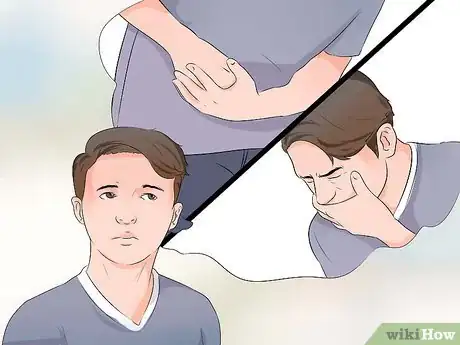
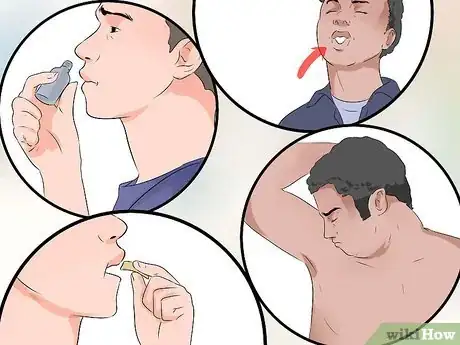
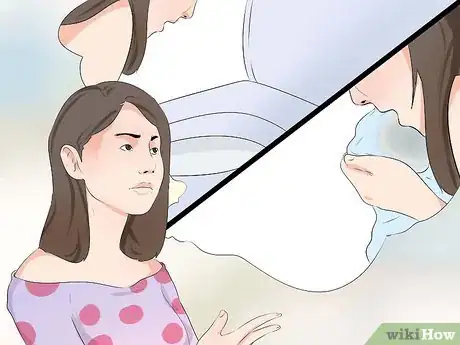
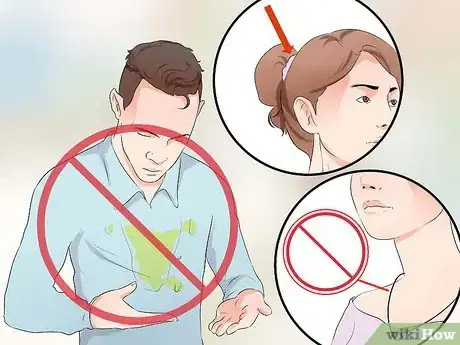
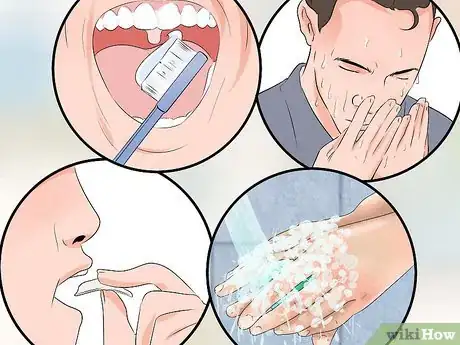
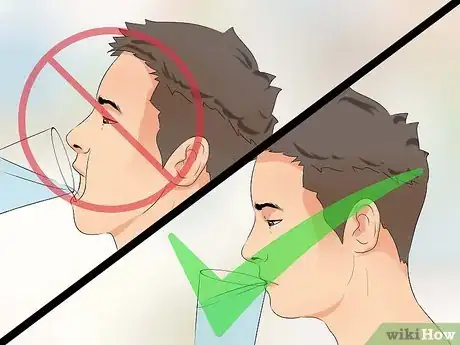

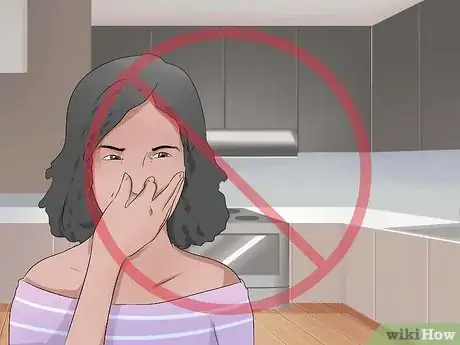
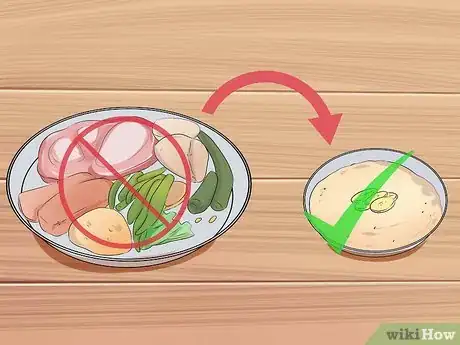
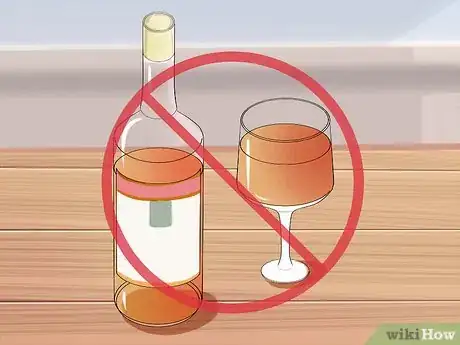
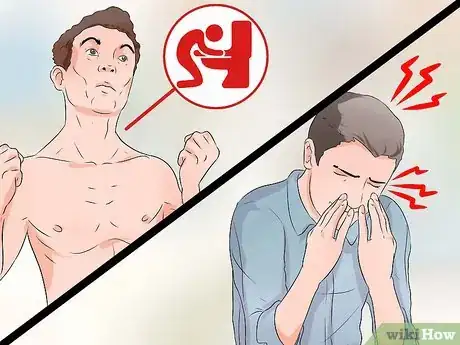







-Step-9-Version-5.webp)


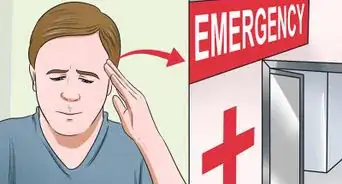
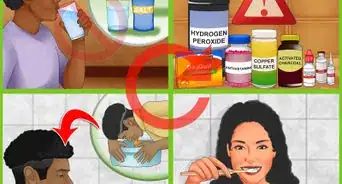
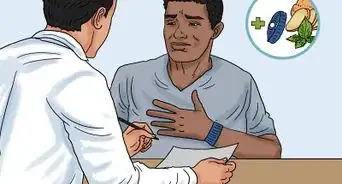
















































Medical Disclaimer
The content of this article is not intended to be a substitute for professional medical advice, examination, diagnosis, or treatment. You should always contact your doctor or other qualified healthcare professional before starting, changing, or stopping any kind of health treatment.
Read More...